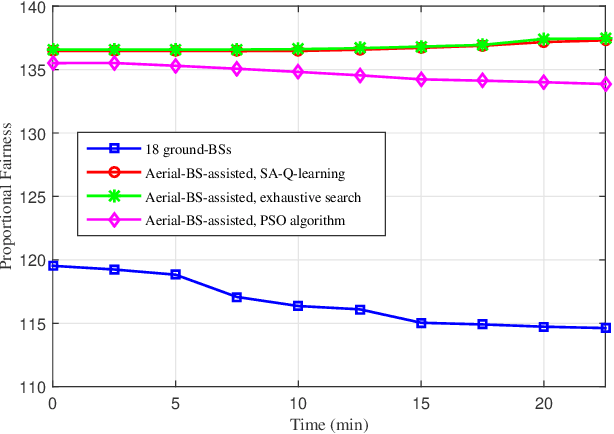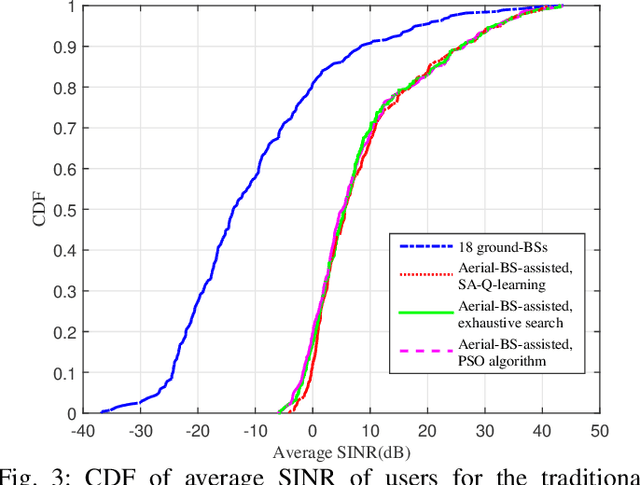Rozhina Ghanavi
Generative Adversarial Classification Network with Application to Network Traffic Classification
Mar 19, 2023Abstract:Large datasets in machine learning often contain missing data, which necessitates the imputation of missing data values. In this work, we are motivated by network traffic classification, where traditional data imputation methods do not perform well. We recognize that no existing method directly accounts for classification accuracy during data imputation. Therefore, we propose a joint data imputation and data classification method, termed generative adversarial classification network (GACN), whose architecture contains a generator network, a discriminator network, and a classification network, which are iteratively optimized toward the ultimate objective of classification accuracy. For the scenario where some data samples are unlabeled, we further propose an extension termed semi-supervised GACN (SSGACN), which is able to use the partially labeled data to improve classification accuracy. We conduct experiments with real-world network traffic data traces, which demonstrate that GACN and SS-GACN can more accurately impute data features that are more important for classification, and they outperform existing methods in terms of classification accuracy.
* 6 pages, 4 figures, 2 tables
Q-Learning Based Aerial Base Station Placement for Fairness Enhancement in Mobile Networks
Sep 10, 2019



Abstract:In this paper, we use an aerial base station (aerial-BS) to enhance fairness in a dynamic environment with user mobility. The problem of optimally placing the aerial-BS is a non-deterministic polynomial-time hard (NP-hard) problem. Moreover, the network topology is subject to continuous changes due to the user mobility. These issues intensify the quest to develop an adaptive and fast algorithm for 3D placement of the aerial-BS. To this end, we propose a method based on reinforcement learning to achieve these goals. Simulation results show that our method increases fairness among users in a reasonable computing time, while the solution is comparatively close to the optimal solution obtained by exhaustive search.
 Add to Chrome
Add to Chrome Add to Firefox
Add to Firefox Add to Edge
Add to Edge